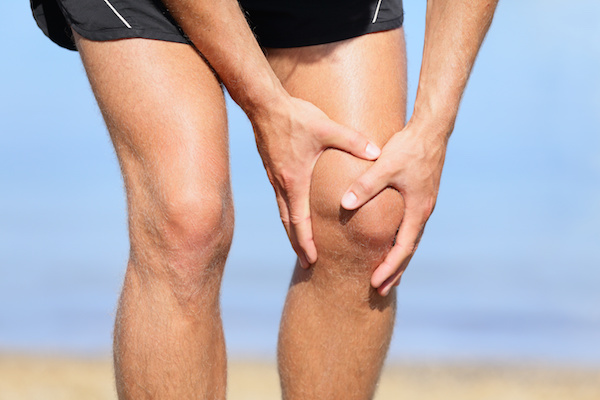
FRIDAY, Feb. 17 (HealthDay News) — Knees with osteoarthritis are in a constant state of self-repair, but arthritic hip joints are not, researchers say.
The discovery was a surprise, said study author Dr. Virginia Kraus, a professor of rheumatology and immunology at Duke University Medical Center in Durham, N.C.
The finding “suggests the knee has capacity for repair we didn’t know about and the main treatment strategy probably would need to focus on turning off the breakdown of knee tissue,” she said in a Duke news release.
Knee and hip osteoarthritis may require different treatment approaches, Kraus said. If joint breakdown could be halted, the natural repair response in the knee might be sufficient to stop or reverse the arthritis process.
“At least with the knee you’ve got an ongoing repair response that we didn’t appreciate until now,” Kraus said. “If you could capitalize on that and turn off the degradative (breakdown) processing you might have some good effects.”
However, stopping the degenerative process in hips with osteoarthritis may not be enough. The hips would also require a treatment to stimulate factors to help begin repair.
In their study, Kraus and her colleagues identified an indicator of hip-joint breakdown, specifically an altered protein called D-COMP. In the circulation, it signals hip degeneration. In cartilage, it provides insight into the repair response of joint tissues.
It’s the first such “biomarker” specific to a particular joint site and it may be possible to develop it into a tool for monitoring hip-joint breakdown, Kraus said.
The study was published Feb. 10 in the Journal of Biological Chemistry.
Osteoarthritis, the most common form of arthritis, typically causes pain, swelling and restricted motion in the joints.
More information
The U.S. National Institute of Arthritis and Musculoskeletal and Skin Diseases has more about osteoarthritis.

